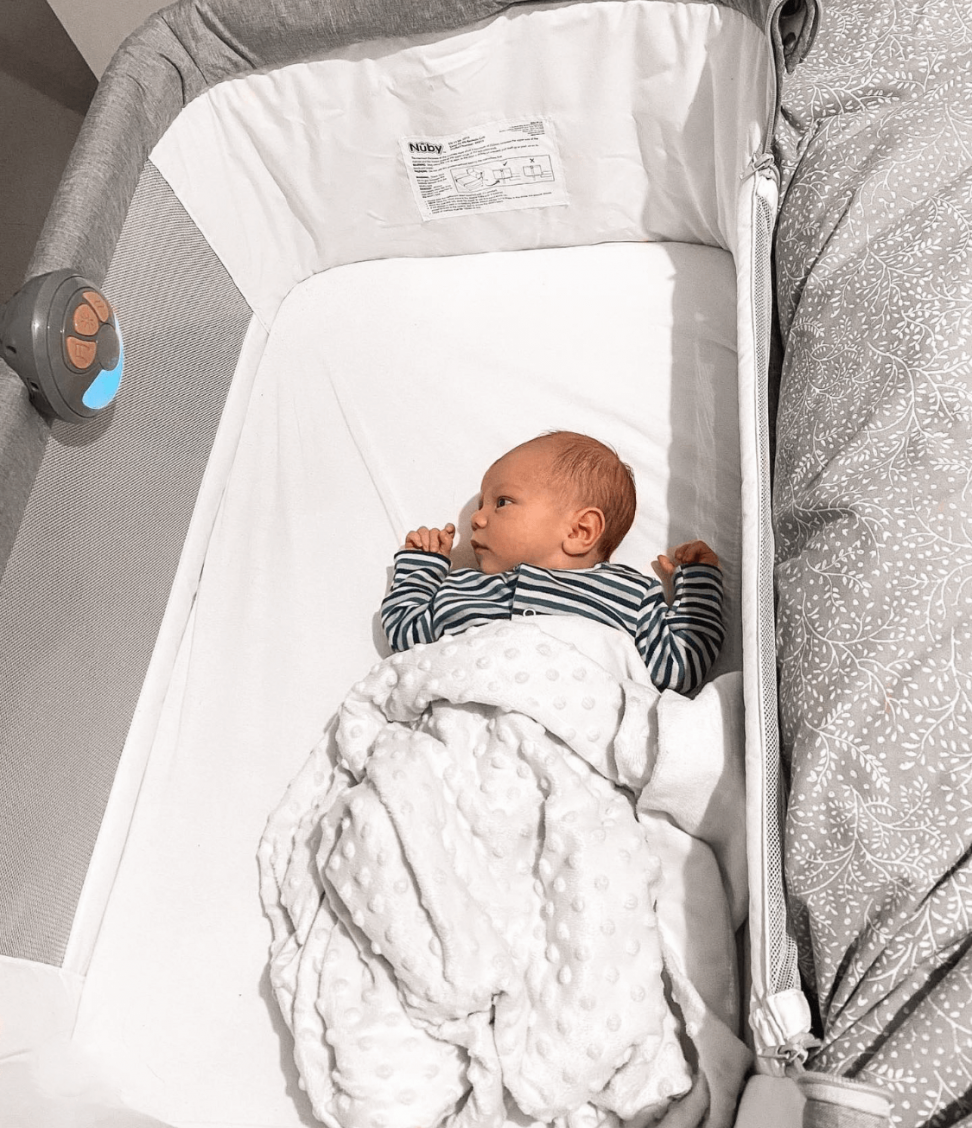
Parents know just how challenging it can be to get their children to go to bed and sleep. This is especially a challenge for new parents who just had a baby. While you’ll become more experienced and familiar with your baby’s sleep cues over time, it’s important that you get an early start in establishing a sleep routine for your newborn.
Is a Sleep Routine Important for Babies?
Most adults know how important getting enough rest is yet often don’t establish a sleep routine for themselves. As a responsible parent, this is something you should never do for your baby. Know that a sleep routine is essential to a baby’s growth and development.
It is equally important for your baby’s physical and mental health to get consistent and quality sleep every day. If children don’t get enough sleep, they may develop certain behavior problems and may have trouble learning. Sleep-deprived children aren’t able to control their emotions and may experience irritability.
Ways to Get Your Baby into a Sleep Routine
You might be wondering when to start a sleep routine for your baby. Although it’s never too late to establish a sleep routine, the best time to start is when your baby is around four months old. That’s the time when your child will develop the ability to self-soothe. In other words, this is the point from which your baby will be able to sleep at least eight hours without being fed.
There are several different approaches you can take to get your baby into a sleep routine. It’s impossible to know beforehand exactly what’ll be the right approach for your child, which is why you should try out different things. Here are some of the most effective ways to establish a sleep routine for your baby.
Stick to a Determined Bedtime
Parents often wonder if 6 pm is too early for baby bedtime, but it actually might be the perfect time to put your child in the baby crib. Of course, the bedtime you decide on should be based on your daily routine. The optimal time window for bedtime is between 6 pm and 8 pm.

Know that once you decide on a specific time, you should always stick to it. In case you decide at 6 pm and you sometimes can’t make it home by that time to wish your baby a good night, you shouldn’t disrupt your child’s sleep.
Remember that your baby’s need for sleep is essential and must not be disturbed simply because you have a need to see your child.
Swaddling
Swaddling is an old method used to help babies feel safe and get a good night’s sleep. Although it dates back thousands of years, swaddling is what helps your baby sleep overnight because it prevents babies from startling and incidentally waking themselves up.
There are many ways that you can safely swaddle your baby. Although some prefer to use blankets for this method, know that a baby may eventually kick off the blanket. That’s why there are great products that can help your child feel safe and comfy. For instance, a baby sleeping bag is a perfect option for helping your little one get enough rest in a comfortable and snuggly space.

Create a Simple Bedtime Routine
Bedtime routines should always be simple and relatively short. There is no need for a routine to last more than half an hour. You should first give your baby a bath and massage, then engage in an activity like singing songs or reading a book. It’s important that you do this activity in the same place each time.
Once you do a bit of singing or reading, it’s time to put your baby in the crib and turn off the lights. To provide your baby with extra comfort, consider getting a music night light that can create a calming atmosphere.
Limit the Length of Naps
You may be tempted to let your baby take a long nap during the day, especially if the baby disturbed your sleep at night. However, if you decide to do this, things might spiral out of control at night. The longer you let your baby sleep during the day, the longer they’ll be awake at nighttime.
That’s not to say that babies shouldn’t nap in the daytime, just that you should limit the length of the naps. Once your little one is three months old, you shouldn’t let him or her nap for more than two hours. Otherwise, they might miss a feed that they’ll end up needing at night.
It’s important that you and your partner understand the importance of breaking up sleep during the day so that your baby can rest better at night. There are times when you should let your child sleep a bit longer during the day, especially if you’ve taken a small road trip to visit friends or family out of town.
In that case, a recovery nap can help your baby rest. Nevertheless, it’s vital that you don’t make a habit out of long naps.
Look for Sleep Cues
One of the most crucial things that you can teach your baby early on is how to fall asleep independently. You can do this by looking for sleep cues and quickly acting to lay your baby down in the crib or any other safe sleep space.
It’s easy to identify sleep cues, as they stick with humans for our whole lives. Some of the most common sleep cues include yawning and eye-rubbing. Make sure that you lay your child down while drowsy instead of waiting for the baby to fall asleep.
Be Persistent
You may be discouraged to continue trying to establish a sleep routine for your baby after a few weeks go by without any luck. Even though your efforts might not provide you with results at the moment, it’s important to keep trying.
Understand that what you’re doing now will have an incredibly positive impact on your child’s life and future habits. If you establish a good sleep routine for your baby, it will have tremendous effects on your child’s physical and mental health.
You can find more blog posts like this over at www.themamazone.com
